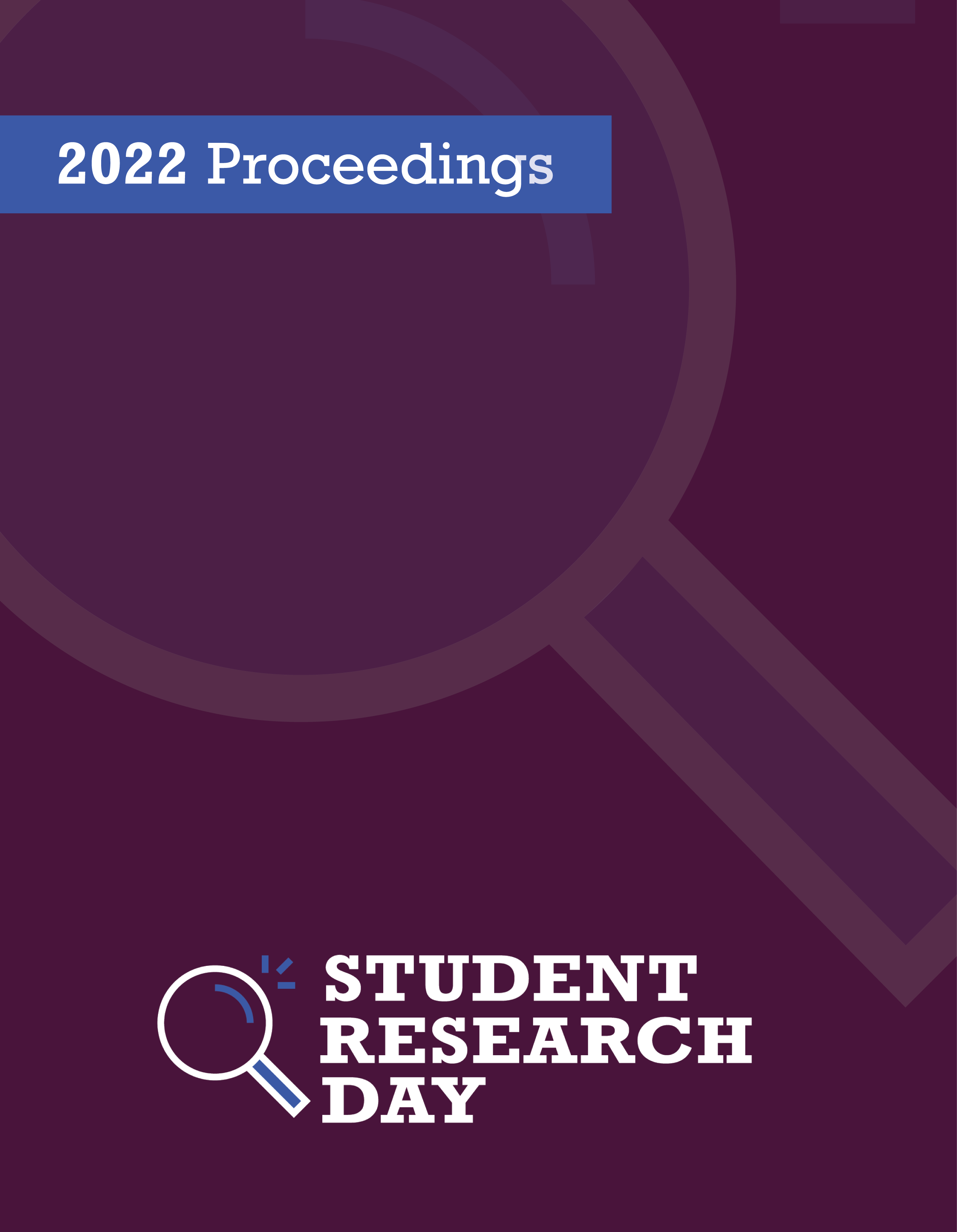Textual Odalisque: From Roxolana to Hurrem Sultan
Abstract
My thesis examines the trajectory of literary depictions of the enigmatic figure of Hurrem Sultan (otherwise known as Roxolana, circa. 1502-1558), the legal wife of Sultan Suleiman the Magnificent and the first Haseki Sultan, or Imperial Consort, of the Ottoman Empire. It will first consider Hurrem’s emergence on the European stage as a product of Orientalist discourse, then focus in detail on her more recent Ukrainian and Turkish cultural depictions. To assist my analysis, I will employ the theory of re-Orientalism, which is defined by Lisa Lau as an approach that determines “how cultural producers with eastern affiliations come to terms with an orientalized East, whether by complying with perceived expectations of western readers, by playing (along) with them or by discarding them altogether” (1). I will examine the Ukrainian opera Roksoliana (by Denys Sichynsky, 1911) and two contemporary Turkish productions, the television show Muhteşem Yüzyıl (The Magnificent Century, 2011, Tims Productions) and the play Gayri Resmi Hurrem (Unofficial Roxelana, by Ozen Yula, 2003) to show how they question, critique, and dispel Orientalist tropes associated with Roxolana in the western European imagination.
Department: English
Faculty Mentor: Dr. Svitlana Krys
References
Downloads
Published
Issue
Section
License
Authors retain any and all existing copyright to works contributed to these proceedings.



